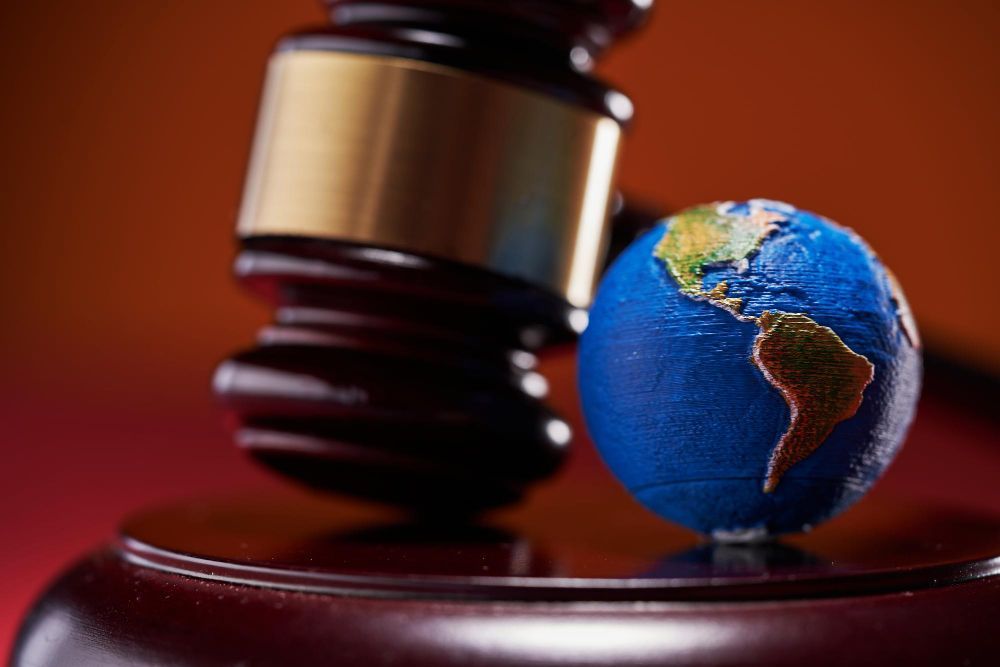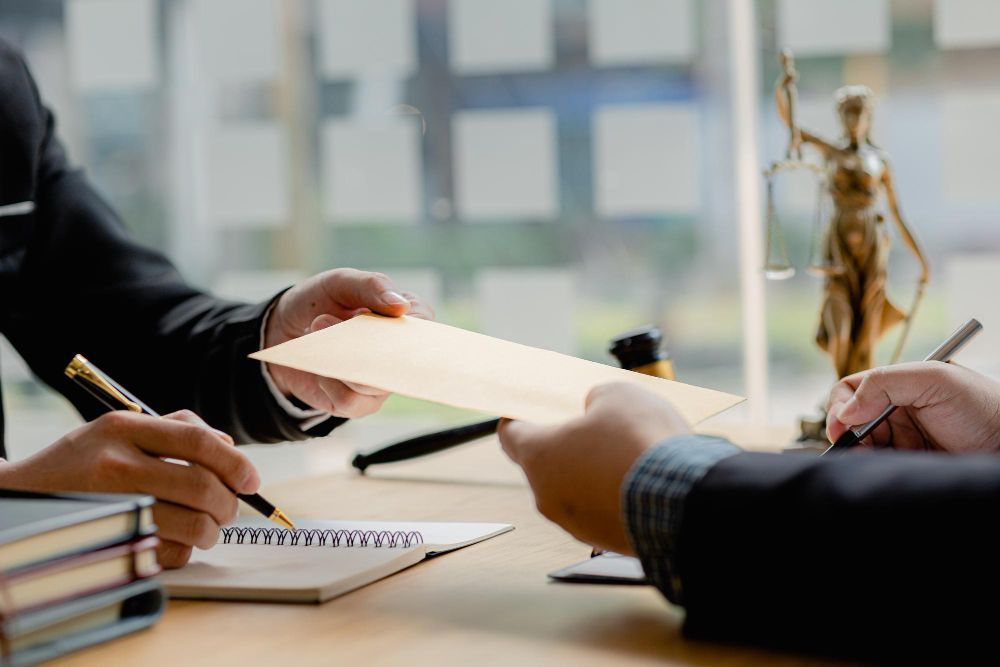Understanding the Impact of Biased Legal Testimony and How to Avoid It
In the legal world, the integrity of testimony is paramount. Biased testimony can significantly undermine the judicial process, leading to unjust outcomes and eroding trust in the legal system. At Phillips, Fractor & Company, LLC, we recognize the critical importance of impartiality in legal proceedings. Here, we explore the impact of biased legal testimony and provide strategies for avoiding it to ensure fair and accurate justice.
The Impact of Biased Legal Testimony
Undermining Credibility
Biased testimony can severely undermine the credibility of the witness and, by extension, the party they represent. When a witness is perceived as biased, their testimony is often viewed with skepticism, which can weaken the overall case.
- Loss of Trust: Judges and juries may disregard or discount the testimony, affecting their perception of the case.
- Reputation Damage: The credibility of legal professionals and their clients can be tarnished, impacting future legal engagements.
Distorting Facts
Bias can lead to the distortion of facts, presenting a skewed version of events or data that misleads the court.
- Misleading Conclusions: Biased testimony can lead to incorrect conclusions, potentially resulting in unjust verdicts.
- Unbalanced Perspectives: It can prevent the court from getting a balanced view of the case, hindering the pursuit of truth and fairness.
Eroding the Judicial Process
Biased testimony can erode the integrity of the judicial process, causing long-term damage to the legal system's reputation.
- Injustice: Decisions based on biased testimony can result in wrongful convictions or dismissals.
- Public Confidence: Public trust in the legal system can diminish, leading to a perception of corruption or incompetence.
Sources of Bias in Legal Testimony
Understanding the sources of bias is crucial for mitigating its impact. Bias can stem from various sources, including:
- Personal Interests: Witnesses with a personal stake in the case may consciously or unconsciously skew their testimony.
- Financial Incentives: Financial ties or incentives can bias a witness’s perspective and statements.
- Preconceived Notions: Preexisting beliefs or affiliations can color a witness’s testimony, even in the absence of direct personal gain.
- Pressure from Legal Teams: Sometimes, witnesses may face pressure from legal teams to present information in a certain light.
Strategies to Avoid Biased Testimony
Rigorous Vetting of Witnesses
Ensuring the selection of impartial witnesses is the first step in avoiding biased testimony.
- Background Checks: Conduct thorough background checks to identify potential conflicts of interest or biases.
- Professional Credentials: Verify the professional credentials and reputation of expert witnesses to ensure they are respected and credible.
Clear Ethical Guidelines
Establishing and adhering to clear ethical guidelines helps maintain the integrity of testimony.
- Code of Conduct: Implement a strict code of conduct for all witnesses, outlining the importance of impartiality and honesty.
- Training: Provide training for witnesses on the ethical implications of biased testimony and the importance of objectivity.
Transparent Disclosure
Encourage transparency and full disclosure from witnesses to identify and mitigate potential biases.
- Conflict of Interest Statements: Require witnesses to disclose any potential conflicts of interest before their testimony.
- Financial Disclosures: Have witnesses disclose any financial relationships that could influence their testimony.
Objective Expert Selection
Selecting expert witnesses based on their impartiality and expertise, rather than their perceived support for a case, is crucial.
- Independent Experts: Prefer experts with a history of impartial testimony and no direct connection to the parties involved.
- Peer Recommendations: Seek recommendations from peers or professional organizations to identify reliable and unbiased experts.
Cross-Examination and Peer Review
Utilize cross-examination and peer review to identify and challenge potential biases in testimony.
- Cross-Examination: Use cross-examination to probe the basis of the witness’s testimony and uncover any potential biases.
- Peer Review: Subject expert reports and testimony to peer review to ensure the validity and impartiality of the findings.
The impact of biased legal testimony can be profound, leading to unjust outcomes and eroding trust in the legal system. At Phillips, Fractor & Company, LLC, we emphasize the importance of impartiality and integrity in all legal proceedings. By rigorously vetting witnesses, establishing clear ethical guidelines, encouraging transparent disclosure, selecting objective experts, and employing thorough cross-examination and peer review, we can mitigate the risk of biased testimony and uphold the standards of justice.
Contact us today to learn how our commitment to impartiality and integrity can support your legal needs and contribute to fair and accurate legal outcomes.








